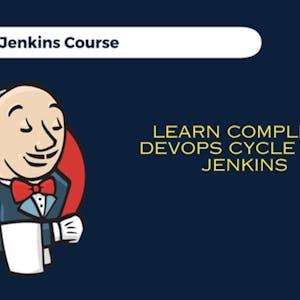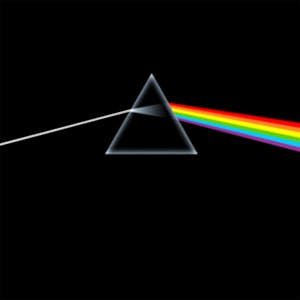Natural Language Processing with Real-World Projects
About this Specialization
This course will teach you how machines can be trained to understand and process human language using various NLP algorithms. You\'ll explore lexical processing, basic syntactic processing, and mechanisms like those used by Google Translator to grasp language context and translation. One hands-on project involves building a chatbot with Rasa, which handles text- and voice-based conversations, connects to messaging channels, and integrates APIs.\\n\\nYou\'ll also learn to train your models on natural language understanding (NLU). Traditional hand-coded programs fail to handle changing inputs, so this course focuses on creating models that understand context and adapt. Even if you lack prior knowledge of machine learning and deep learning, the course covers all necessary prerequisites. By the end, you\'ll be proficient in building NLP models for text summarization, sentiment analysis, and entity recognition, all through real-world projects.\\n\\nThis course is ideal for students entering data science, professionals familiar with deep learning, and developers interested in creating chatbots or working on Alexa and Google Home projects.Created by: Packt

Related Online Courses
This Jenkins Zero to Hero specialization covers:\\n\\n- DevOps concepts & tools and how Jenkins fits into the CI/CD Pipeline\\n\\n- Jenkins pipeline concept and how to implement it\\n\\n-... more
User experience is a highly in-demand field which requires a holistic understanding of the design process. This course is a \"sample\" of the UX Design MasterTrack certificate program. You will... more
How are all of the species living on Earth today related? How does understanding evolutionary science contribute to our well-being? In this course, participants will learn about evolutionary... more
Unlock the power of ChatGPT\'s free AI tools to excel with powerful and intuitive techniques that can be applied across any professional domain, from digital marketing and data analytics to project... more
The course introduces the three key spectroscopic methods used by chemists and biochemists to analyse the molecular and electronic structure of atoms and molecules. These are UV/Visible , Infra-red... more








